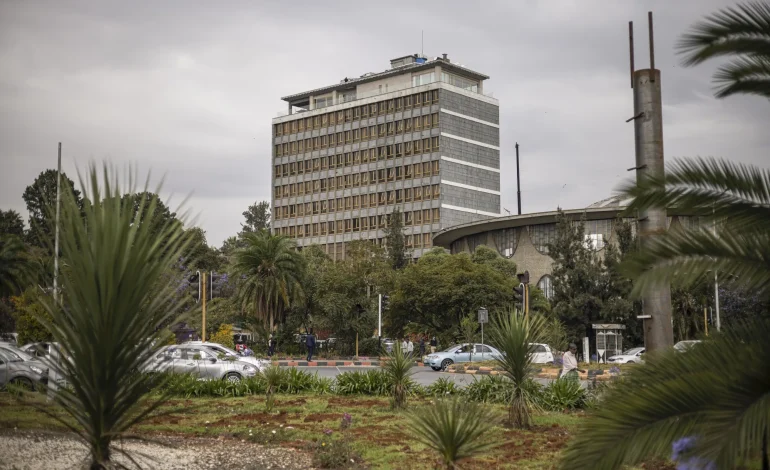Ethiopia’s central bank will maintain its high interest rate policy for the rest of the year to combat transitory inflation triggered by recent currency reforms, Bloomberg reports, citing Governor Mamo E. Mihretu.
The bank set its key rate at 15% in July, when it implemented a new interest-rate based monetary policy framework. While inflation has eased to 17.5% from 29% a year ago, the recent currency reforms, including a 30% devaluation of the birr, are expected to cause renewed price pressures, particularly for food.
“There will be no easing for the rest of the year,” Governor Mihretu said during an interview on the sidelines of the IMF and World Bank annual meetings. “We have not made any determination exactly if we’re going to increase the rate, but what can say for sure is that we will continue with the current tight monetary policy stance going forward.”
The restrictive monetary policy is part of a broader suite of reforms being implemented by Ethiopian authorities following the most significant economic overhaul in decades. In July, the nation liberalized its foreign exchange market, adopted a targeted monetary policy rate, and raised taxes, garnering support from the IMF as it seeks to restructure its $29 billion foreign debt.
Governor Mihretu expects headline and food inflation to drop below 10% by the end of 2025, as the central bank maintains its tight monetary policy and the economy adjusts to the currency reforms.
The government is currently providing subsidies for certain products like fuel, heating oil, and medicine to alleviate the impact of price increases on the poorest segments of the population. These subsidies, however, are expected to be phased out “in due course” as they are deemed unsustainable, according to Governor Mihretu.
Meanwhile, Ethiopia is in negotiations with bilateral lenders and foreign bondholders to restructure its debt burden. These negotiations are expected to conclude by early next year.
The reforms are already proving beneficial, with increased productivity observed, especially in the agricultural sector, as farmers gain access to hard currency for importing essential inputs. The IMF anticipates economic growth to exceed 6% this year.
The central bank has also witnessed a significant increase in its foreign reserves, more than doubling in gross terms since the reforms were implemented. While Governor Mihretu declined to disclose specific figures or the status of net reserves, he indicated that the central bank plans to start publishing regular reserves data in the near future.









